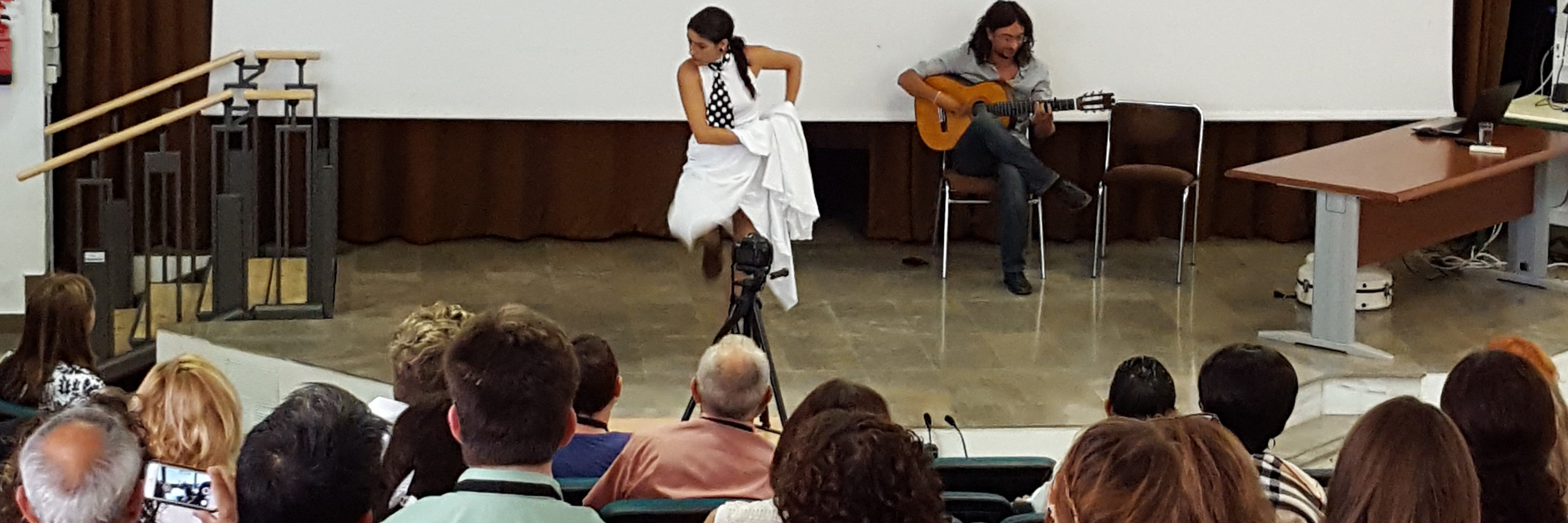The varied backgrounds and attributes of learners have an enormous impact on their engagement with learning and their educational and social outcomes. Learner differences cross dimensions that are material (social class, geographical locale and family), corporeal (age, race, sex and sexuality, and physical and mental capacities) and symbolic (culture or ethnicity, language, gender, affinity and persona). In this thematic area, we explore strategies for negotiating these differences, from the microdynamics of pedagogy, to the agendas of curriculum, the nuances of assessment, the organizational structures of the educational institution and its relations with the communities it services.
- Dimensions of individual differences in learning
- Inclusive education
- Educational policies and practices related to diversity
- Curricular and instructional frameworks for addressing diversity
- Educating teachers, administrators, community members in diversity
- The role of ethics in education
- Language diversity and learning new languages
- Service or experiential learning and intercultural understanding
- Multicultural, cross-cultural, international and global education
